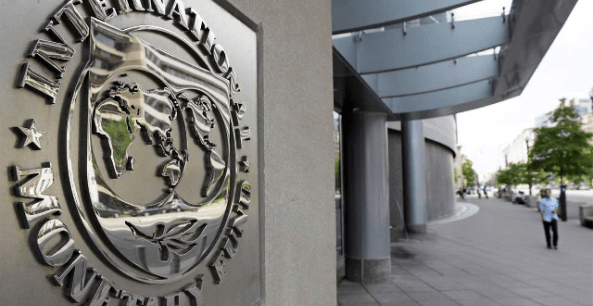The International Monetary Fund (IMF) has urged the Nigerian government to eliminate subsidies for fuel and electricity, stating that these supports are costly and ineffective in aiding the most vulnerable populations.
The removal of these subsidies implies a probable rise in electricity and fuel prices, as current subsidized rates are notably below market prices. By gradually phasing out these subsidies, the government would bring prices more in line with their actual market value, potentially resulting in increased costs for consumers.
In its recent press release titled “IMF Executive Board Concludes Post Financing Assessment with Nigeria,” the IMF commended Nigeria’s ongoing reforms, such as fuel subsidy removal and exchange rate unification. However, it emphasized the need to completely remove fuel and electricity subsidies to allow market forces to determine prices.
While the government has taken steps like capping retail fuel and electricity prices to mitigate inflation, the IMF suggests focusing on revenue generation and digitalizing public services to reduce fiscal deficits.
The IMF’s recommendation highlights the necessity of phasing out electricity and fuel subsidies entirely and providing targeted support to the most vulnerable through social transfers.
Although some reforms have been implemented, the IMF stresses the importance of further actions, including raising electricity and fuel prices to reflect market realities. Despite potential political challenges, addressing economic reforms with compassion is crucial, given the current economic hardships faced by many citizens.
The economic landscape has seen significant changes under the Tinubu administration, including rising petrol prices and currency depreciation, emphasizing the need for reforms to be perceived as compassionate and considerate of citizens’ economic struggles.
Moreover, labor unions are expected to advocate for wage increases amid subsidy removals, adding complexity to the government’s task of balancing economic reforms with the financial concerns of its workforce.











